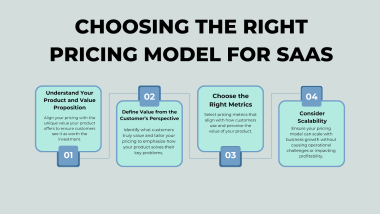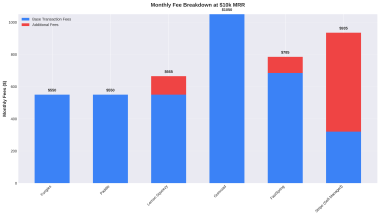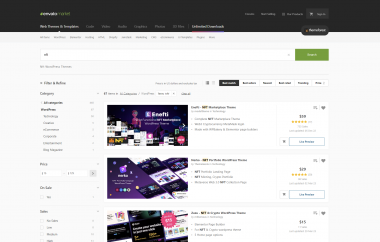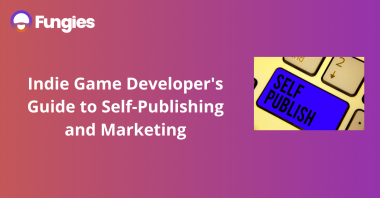The Revival of Retro Gaming
Retro gaming has surged in popularity, attracting not just those who grew up with these games but also newer generations eager to experience the classics. It’s more than nostalgia; it’s a celebration of gaming history. We invite you to explore how to launch a successful online retro game shop, from understanding the market to setting up an e-commerce site, and engaging customers with nostalgia.
Understanding Retro Games’ Enduring Appeal
What gives retro games their lasting charm? It’s all about their timeless allure and straightforwardness. These games encapsulate the essence of a period when gameplay and creativity were at their peak. They provide a glimpse into the past, reviving cherished memories and introducing the world of classic gaming to new audiences.
Exploring the Retro Gaming Market
Diversity and Dynamics of the Market
The retro gaming market is as colorful and varied as the games it represents. It’s not just a niche; it’s a sprawling landscape that encompasses a wide range of enthusiasts. From seasoned collectors on the hunt for the rarest titles to casual gamers rediscovering classics, the market caters to an extensive audience. Each segment brings its own unique tastes and preferences, making the market rich and continually evolving.
Collector’s Corner – The Quest for Rare Gems
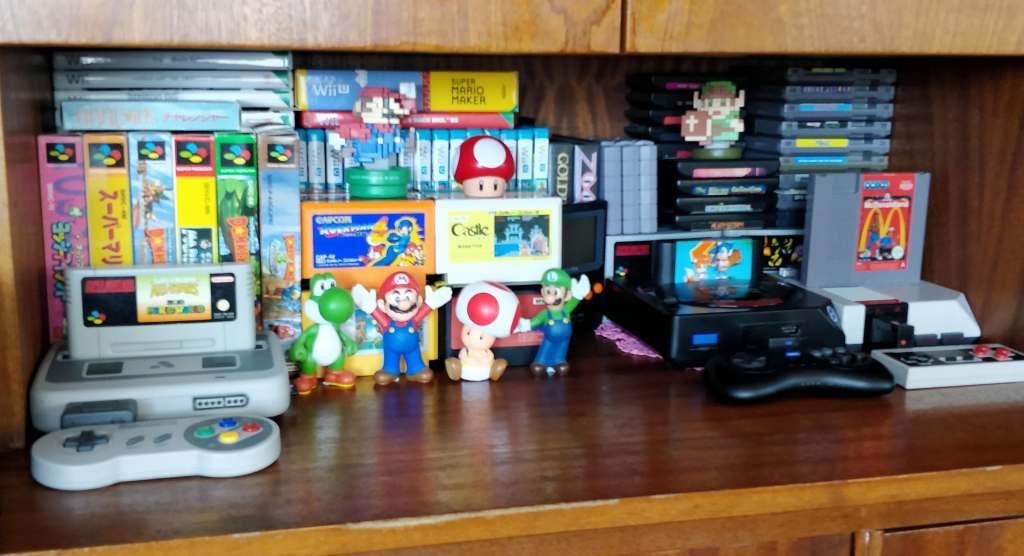
One significant part of the market is collectors. These individuals are often on the lookout for rare, sometimes even obscure, games. They value originality, condition, and historical significance. For collectors, owning a piece of gaming history is a matter of pride and passion.
Nostalgia-Driven Enthusiasts
Another substantial segment comprises enthusiasts who turn to retro games to relive their childhood memories. They seek titles that they played growing up, offering them a trip down memory lane. This group values the emotional connection and the comfort of revisiting familiar gaming experiences.
Newcomers – Discovering Gaming Ancestry
There’s also a growing interest among newer generations who didn’t grow up with these games. These newcomers are drawn to retro gaming out of curiosity and a desire to experience the origins and evolution of video gaming. For them, it’s about understanding the roots of modern gaming and experiencing the gameplay that shaped today’s titles.
Identifying Your Audience
Understanding the Diverse Customer Base
Your potential customers can be quite varied, each with distinct motivations. There are those who have held onto their childhood consoles, looking to expand their collections. Then there are the millennials who grew up in the golden age of gaming, seeking to recapture the magic of their early gaming experiences. And let’s not forget the younger gamers, who, driven by curiosity and a penchant for the retro aesthetic, are dipping their toes into the waters of retro gaming.
Catering to a Broad Spectrum of Gamers

Knowing your audience is vital for curating your shop’s inventory. Vintage game aficionados might be looking for hard-to-find titles or nostalgic merchandise. On the other hand, younger gamers might be interested in accessible, popular retro titles that offer a taste of gaming history without the need for deep dives into obscurities.
Assessing Demand in Retro Gaming
What Fuels the Retro Gaming Passion?
Understanding what drives the market is key to tapping into its full potential. For many, it’s the nostalgia of reliving cherished childhood memories. For others, it’s the thrill of collecting, where each game is a treasure with its own story. And then there are those who are drawn to the simplicity and raw creativity of classic games, offering a stark contrast to the complex, high-budget titles of today.
Balancing Nostalgia and Modern Appeal
While nostalgia plays a big role, there’s also a demand for modern conveniences. This includes digital availability of classic games and compatibility with current hardware. Balancing the authentic retro experience with the expectations of today’s gaming standards is crucial. This might involve offering digital downloads of classic games, ensuring that they are playable on modern systems.
Crafting Your Online Retro Game Shop
Setting up your online retro game shop is about more than just selling games. It’s about understanding the market, connecting with the right people, and creating a business plan that is both realistic and aligned with your passion for retro gaming.
Laying the Foundation for Your Retro Gaming Venture

Launching an online retro game shop starts with a solid plan. This plan needs to encompass the unique aspects of the retro gaming market. It’s not just about selling games; it’s about creating a nostalgic experience for your customers. Your plan should cover everything from where you’ll get your games to how you’ll get them to your customers, including the all-important aspect of marketing them effectively.
Developing a Business Plan for Retro Gaming
When drafting your business plan, it’s essential to define several key elements:
Mission and Vision
Clearly articulate why you’re starting this business. Is it to revive the magic of retro games? To offer a platform for indie developers creating retro-inspired games? Your mission will guide every decision you make.
Target Audience Analysis
Who are you selling to? Your target audience could include hardcore retro game collectors, casual fans, or even people new to the world of gaming. Understanding their preferences and gaming habits is crucial.
Market Analysis
Dive into the current state of the retro gaming market. What are the trends? Who are your competitors? A thorough market analysis will help you spot opportunities and potential challenges.
Financial Planning
Outline your expected expenses, revenue streams, and financial projections. This includes startup costs, inventory expenses, marketing budgets, and sales forecasts.
Partnering with Key Suppliers
Building a successful online shop means having a steady supply of games that your customers want. Here’s how to go about it:
Establishing Supplier Relationships
Connect with suppliers who can provide both popular titles and rare finds. This might include wholesale distributors, individual collectors, or even other retail shops looking to offload inventory.
Collaborating with Indie Developers

Indie developers creating games with a retro feel can be valuable partners. Their games can add unique value to your shop, appealing to customers seeking new yet nostalgic experiences.
Inventory Management
Keep track of what sells and what doesn’t. This will help you refine your inventory over time, ensuring that you’re stocking games that your customers are actually interested in buying.
Designing Your Online Shop with Nostalgia in Mind
Creating an online shop for retro games is about crafting an experience that transports gamers back in time. The design of your website plays a crucial role in achieving this. It has to strike the perfect balance between nostalgic appeal and modern functionality.
Incorporating Retro Design Elements
Visual Aesthetics

Embrace elements that define the retro gaming era. Use pixelated graphics, reminiscent of classic games, and incorporate neon colors that hark back to the arcade era. This visual style should be consistent across your website, from the homepage to product listings.
Typography and Icons
Choose fonts and icons that reflect the retro gaming vibe. Fonts that mimic 8-bit typography can add to the nostalgic feel. Similarly, icons inspired by classic game controllers or pixel art can enhance the overall theme.
Themed Layouts
Consider designing your website with themes that resonate with popular retro gaming genres or eras.
User-Friendly Design for Retro Game Fans
While embracing a retro look, ensure your website is easy to navigate and use. Intuitive design is key to providing a pleasant shopping experience.
Easy Navigation
A nostalgic design doesn’t mean complicated navigation. The layout should be straightforward, allowing users to easily find and browse games. Clear categories, a search bar, and well-organized menus are essential.
Product Display
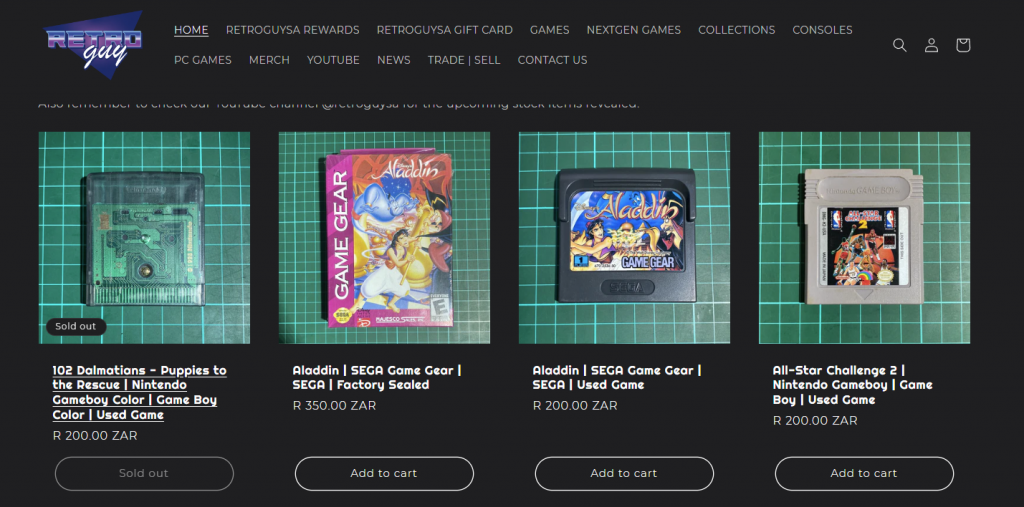
Each product page should provide detailed information in an easy-to-read format. Include high-quality images of the games, concise descriptions, and relevant details like genre, platform, and release year.
Checkout Process
Streamline the checkout process to make it quick and hassle-free. A complicated checkout can deter customers from completing their purchases.
Balancing Modern Web Practices with Retro Style
Your site should look retro but function like the latest websites. It should be fast, responsive, and user-friendly, blending old-school charm with modern efficiency.
Website Speed and Responsiveness
A retro look should not compromise the website’s performance. Ensure that the site loads quickly and is responsive across all devices, including smartphones and tablets.
Modern E-Commerce Features
Implement modern e-commerce features like wish lists, customer reviews, and secure payment options. These features enhance the user experience while maintaining the retro charm.
Cross-Platform Compatibility
Your website should work seamlessly across various browsers and devices. Regular testing and updates can help maintain compatibility and functionality.
Curating Your Retro Game Selection
Creating a compelling and diverse game inventory is essential for your retro game shop. This variety appeals to a wide range of customers and positions your store as a go-to destination for all things retro gaming.
Building a Diverse Game Library
An engaging selection of games is the core of your business. It should include a variety of titles, from well-known classics to indie games inspired by retro styles.
Classics and Hits
Include well-known titles that are synonymous with retro gaming. These are the games that instantly evoke nostalgia and are likely to be the first picks for many customers.
Hidden Gems

Don’t just stick to the mainstream. Offer lesser-known titles that could intrigue and attract true retro enthusiasts who are always on the lookout for something different.
Indie Games with Retro Flair
Modern indie games that are designed with retro aesthetics or gameplay can be a great addition. They offer the nostalgia of retro gaming with a twist of modern game design.
Collaborating with Indie Developers
Working with indie developers can offer your shop exclusive access to modern games with a retro feel, enriching your inventory with unique titles.
Exclusive Partnerships
Forge relationships with indie developers who specialize in retro-style games. This can give you exclusive access to new releases, offering your customers something they can’t find elsewhere.
Supporting the Indie Community
By stocking indie games, you’re not just enriching your inventory, you’re also supporting the indie gaming community. This can create goodwill and a positive reputation for your shop.
Choosing Between Digital and Physical Games
Decide whether to focus on digital downloads, physical copies, or a mix of both. This decision impacts your storage and logistics planning.
Digital Downloads
Offering digital copies caters to a market that prefers the convenience of online purchases. This can include a range of titles, from classic games re-released in digital format to new indie titles.
Physical Copies
For collectors and enthusiasts, the appeal of physical games, complete with their boxes and manuals, is unparalleled. However, this requires more storage space and a logistics plan for shipping.
Hybrid Approach
A mix of both can cater to the widest audience. You can offer digital downloads for immediate access and physical copies for collectors and those who appreciate the tangibility of retro games.
Expanding Beyond Games
Apart from games, consider offering related merchandise like vintage consoles and gaming accessories, adding depth to your product line.
Vintage Consoles and Accessories
Stocking vintage consoles, controllers, and other gaming accessories can attract collectors and enthusiasts looking to recreate an authentic retro gaming setup.
Merchandise and Collectibles

Think about including gaming merchandise like posters, t-shirts, or figures. These items are great for customers looking to express their love for retro gaming outside of playing the games themselves.
Setting Up Your E-Commerce Site
Establishing an efficient e-commerce site is a foundational step for your online retro game shop. It’s not just about making sales, of course. But it’s also about creating an enjoyable shopping experience that keeps customers returning.
Choosing the Right E-Commerce Platform
Assessing Platform Features
Look for an e-commerce platform that aligns with the specific needs of your retro gaming business. Key features to consider include inventory management capabilities, ease of integration, customization options, and secure payment processing.
Comparing Platforms
Examine popular e-commerce platforms like Shopify, WooCommerce, and Magento. Evaluate each for their suitability – Shopify, for instance, is known for its user-friendly interface, while Magento offers extensive customization options.
Scalability
Consider the future growth of your business. Your chosen platform should be scalable, supporting your business as it expands without requiring a complete overhaul.
Simplifying Navigation and Search
Ensure that customers can easily find and browse games. A simple, well-organized website encourages longer visits and more purchases.
Intuitive Site Structure

Design your site with a clear and logical structure. Categorize your products effectively – for example, by console type, game genre, or release era. This makes it easier for customers to navigate and find what they’re looking for.
Effective Search Functionality
Implement a robust search feature that allows customers to quickly find specific games or accessories. Features like auto-complete and filters can enhance the search experience.
Optimizing the Shopping Experience

A smooth online shopping experience keeps customers coming back. Focus on streamlining the browsing, selection, and checkout process.
Seamless Browsing
Ensure your website loads quickly and displays all products clearly. High-quality images, detailed descriptions, and a responsive design contribute to a positive browsing experience.
Streamlined Selection Process
Enable features that allow customers to easily add items to their cart and continue shopping. This can include quick view options and easy-to-access cart summaries.
Efficient Checkout Process
Simplify the checkout process to minimize abandoned carts. This includes having clear pricing, multiple payment options, and a quick, secure checkout experience. Also, consider guest checkout options for those who may not want to create an account.
Mobile Optimization
With a significant number of customers shopping on mobile devices, ensure your website is mobile-friendly. This means having a responsive design that adapts to different screen sizes and a mobile-optimized checkout process.
Security and Trust
Secure Transactions
Implement SSL certificates to secure customer data, especially during transactions. This not only protects sensitive information but also builds trust with your customers.
Privacy Policies
Clearly state your privacy policies and adhere to data protection regulations. This transparency is crucial in building customer confidence in your store.
Marketing with Nostalgia
Leveraging nostalgia in your marketing strategy can create a deep, emotional connection with your audience. It’s about evoking memories and celebrating the rich history of gaming.
Telling the Tales of Classic Gaming
Narrating the History
Share fascinating stories behind some of the most iconic retro games. This can include how they were developed, the challenges faced during their creation, and their impact on the gaming industry.
Spotlight on Game Creators

Feature stories about the creators and designers of classic games. Personal anecdotes and insights into their creative process can be very engaging.
Inspiration Behind Modern Retro Games
For newer indie games that draw on retro styles, share the inspiration behind them. How do modern game developers incorporate classic elements into their games? What aspects of retro gaming do they find most influential?
Utilizing Retro Themes in Marketing Material
Visuals and Aesthetics
Design your marketing materials with a retro aesthetic. Use pixel art, 8-bit music, and imagery reminiscent of classic game covers in your social media posts, email newsletters, and online ads.
Themed Campaigns
Create marketing campaigns around popular retro gaming themes or milestones, like the anniversary of a classic game or the re-release of a beloved console.
Interactive Content
Engage your audience with interactive content like quizzes, polls, or ‘guess the game’ challenges based on retro games.
Engaging with the Community Through Nostalgia
Nostalgia-Driven Social Media Posts
Share content that triggers memories, like screenshots of classic game levels, old gaming magazine covers, or vintage gaming ads. Encourage your followers to share their own memories and experiences.
Retro Gaming Contests and Giveaways
Host contests or giveaways that revolve around retro gaming trivia or fan art. This engages your audience and helps in spreading the word about your shop.
Collaborating with Retro Gaming Influencers
Partner with influencers who specialize in retro gaming. They can share their experiences with your products and help you reach a wider audience.
Marketing a retro game shop is not just about selling products; it’s about selling experiences and memories. By weaving nostalgia into your marketing efforts, you can engage your audience on a deeper level and build a community around your brand.
Looking Forward in Retro Gaming
The retro gaming market has enduring appeal and significant potential. By embracing the past, you can create a unique and successful online business that connects with gamers across generations.
Dive into Retro Gaming Today
Are you ready to start your retro gaming adventure? Now’s the time to turn your passion for retro games into a thriving online business. Join the community of retro gaming enthusiasts and bring classic gaming back to life.
